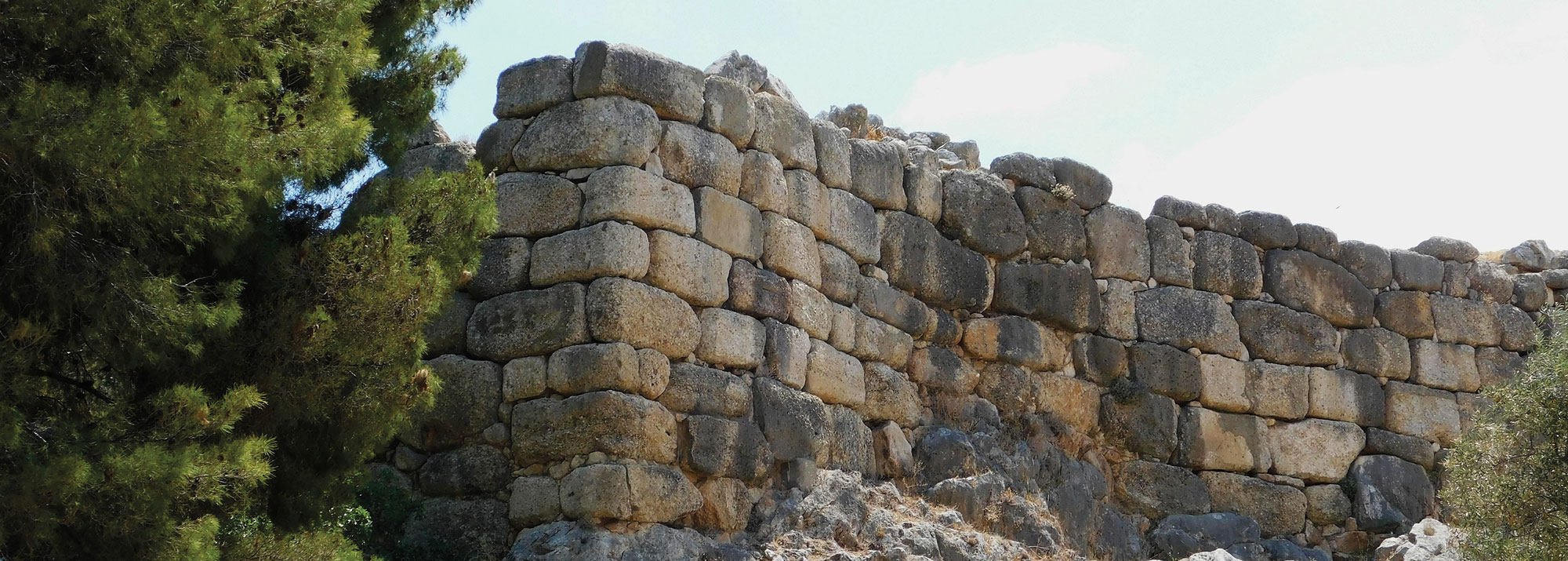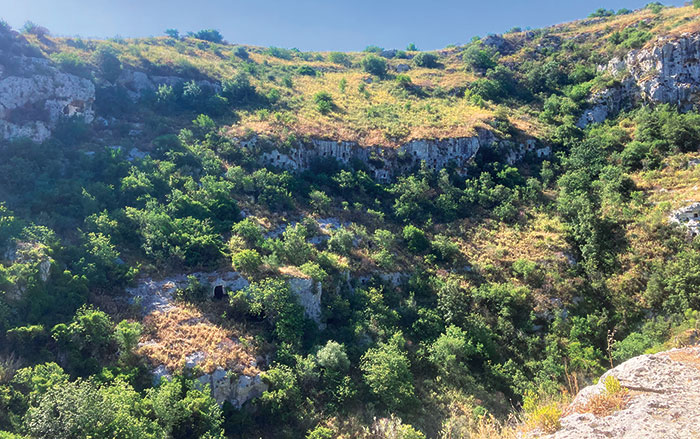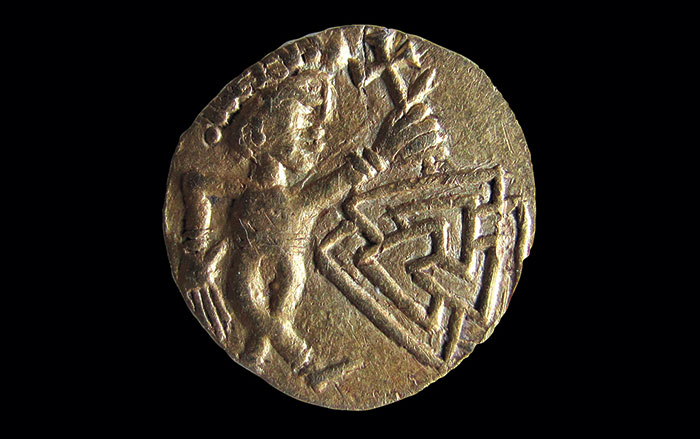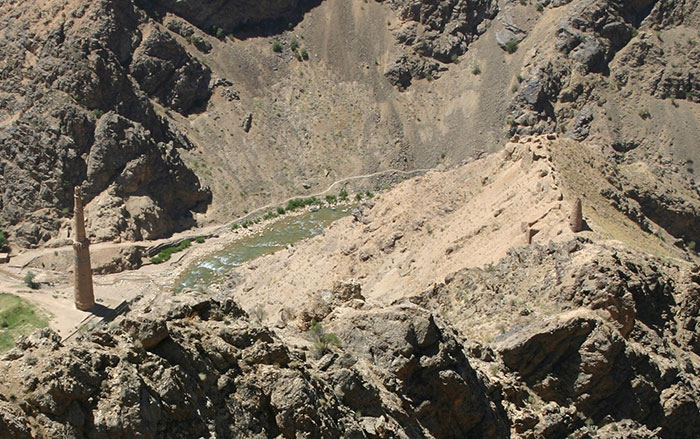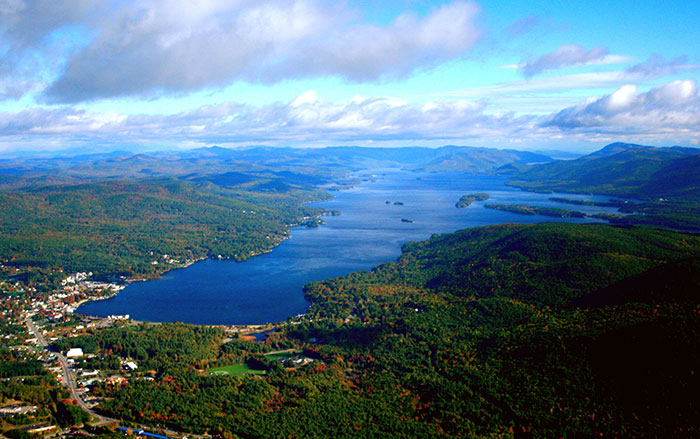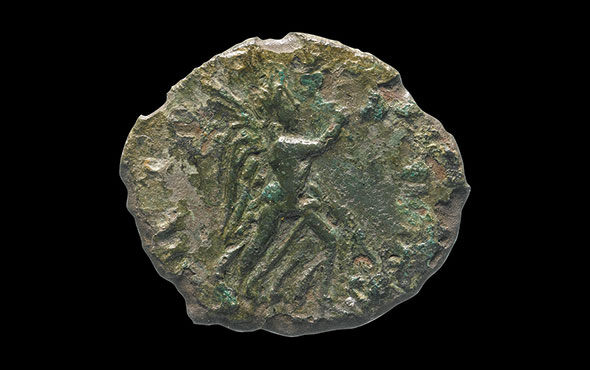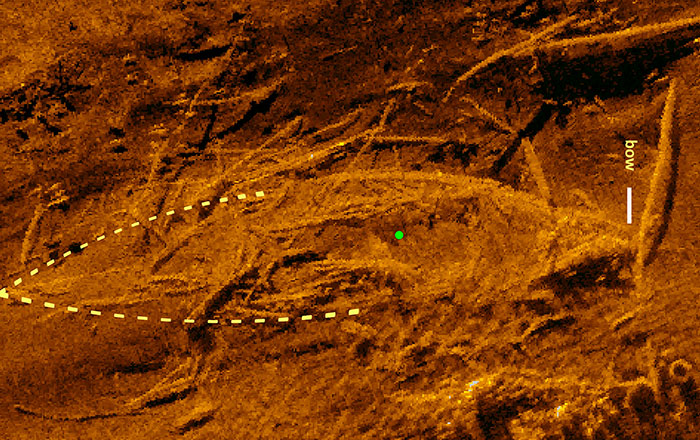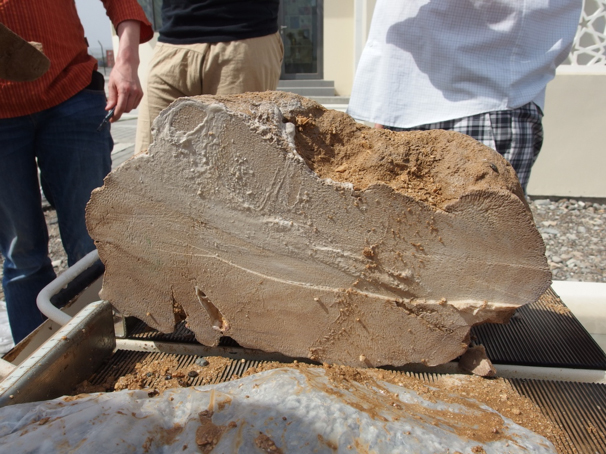
FINS, OMAN—A team of paleoclimatolgists led by Hokkaido University’s Takaaki Watanabe has found new evidence for an increase in the dramatic seasonal dust storms known as shamals that may have contributed to the collapse of the Akkadian Empire around 4,200 years ago. Archaeologists have long known that famine and a breakdown in the social order played a significant role in the decline of Mesopotamia's first large-scale, united empire after 2200 B.C. Now Watanabe and his colleagues have analyzed fossil coral unearthed near the coast of northeastern Oman that lived between 4,500 and 2,900 years ago and show evidence for prolonged winter shamal seasons around 4,200 years ago. Frequent and intense dust storms could explain why Akkadian crop production dramatically decreased and the empire's irrigated fields underwent salinization, leading to widespread famine that triggered the state's dissolution. To read about Akkadian trade networks at the height of the empire’s power, go to “Obsidian and Empire.”


